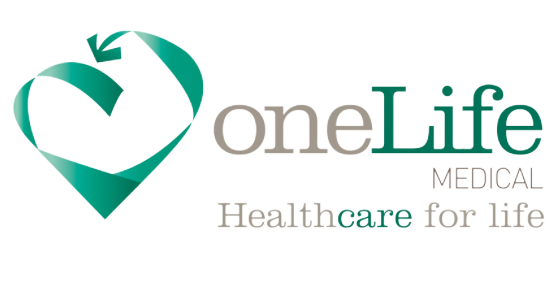Chances are, you are already aware that consuming too much sugar isn’t good for you. Even savoury foods, like bread and protein bars, can contain sugar. To complicate it further, added sugars can be difficult to spot on nutrition labels since they can be listed under a number of different names – such as sucrose, glucose, dextrose, maltose, golden syrup, maple syrup, molasses, coconut sugar, agave sugar or cane juice. Our health practitioners at One Life Medical explore the affect of too much sugar on the body.
Joint pain
Eating excess sugar can worsen joint pain because of the inflammation it causes in the body. Research shows that eating or drinking sugar can raise your risk of developing rheumatoid arthritis.
Skin
Excess sugar attaches to proteins in your blood and creates harmful molecules called advanced glycation end products (AGEs). These molecules age your skin by damaging collagen and elastin – the protein fibres that keep skin firm and youthful.
Liver
Consuming moderate amounts of specific types of sugar may double the production of fat in the liver. This can lead to fatty liver disease and type 2 diabetes. Research shows that sucrose boosts fat synthesis slightly more than the same amount of fructose.
Heart
Sugar affects the heart in several ways. The most obvious is weight gain. Eating too much sugar increases insulin in the body. Consuming extra sugar produces more insulin and this excess insulin affects the arteries. The walls of these arteries get inflamed. This means that these interior walls become thicker than average and stiffer. Inflammation of the arteries can increase the chances of heart attack and heart-related diseases. Eating less sugar will significantly reduce your blood pressure.
Kidneys
If you have diabetes, eating or drinking too much sugar can lead to kidney damage. The kidneys play an important role in filtering your blood. Once blood sugar levels reach a certain amount, the kidneys start to release excess sugar into your urine. If left uncontrolled, diabetes can damage the kidneys, which prevents them from doing their job in filtering out waste in your blood. This can lead to kidney failure.
Sexual health
Research shows that sugar may impact the chain of events needed for an erection. Sugar affects the circulatory system which controls blood flow throughout the body and needs to be working properly to get and keep an erection.
How much sugar is too much?
The World Health Organisation recommends adults and children should reduce their intake of sugar to less than 10% of their total daily energy intake. This equates to about 12 teaspoons (50g) of sugar per day for an adult. This includes all added sugars, as well as the naturally occurring sugars in honey, fruit juices and syrups. Reducing your intake to less than 5% of total energy intake would provide even more health benefits. Read the nutrition panel on food labels. If the total sugar exceeds 15g of sugar per 100g of the food, check the list of ingredients to see if any added sugars are high on the list. For more information on food labels, click here.
Bulk-billing doctors in Alexandra Hills
One Life Medical is a bulk-billing practice in Alexandra Hills. As holistic doctors, we focus on preventative care, looking at a patient’s mind, body and spirit to get to the root cause of an issue. Services include immunisations, general surgery, antenatal care, health assessments, ECG’s, cryotherapy, travel medicine, employment medicals, driver’s medicals and more. Allied health practitioners regularly visit our practice. These include a physiotherapist, podiatrist, hearing specialist and dietitian.
To book an appointment at One Life Medical, please call 07 3824 8144. Alternatively, you can book online or download the app for iPhone or Android devices and make bookings directly from your phone. For further information, please call reception on 07 3824 8144.
Reference
1.How Does Too Much Sugar Affect Your Body? (webmd.com)
2.Sugar – natural, added, health risks, cutting intake, substitutes | healthdirect
